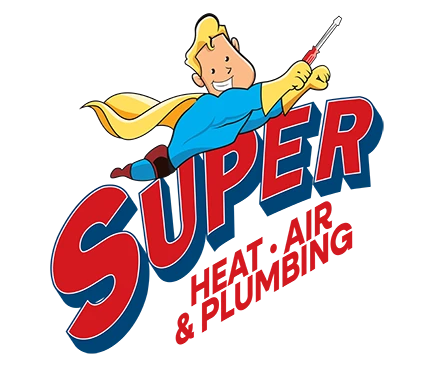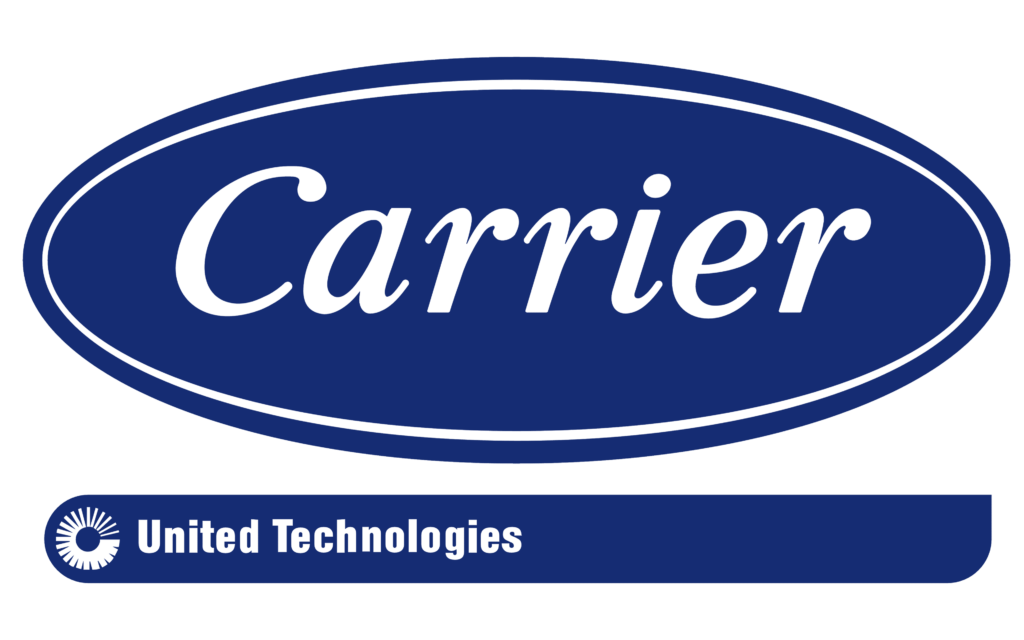Protect Yourself & Your AC
Hurricane season is upon us Florida. Here in Greater Tampa Bay, we usually we only get grazed or “just missed” by tropical storms and hurricanes. But as we saw with Hurricane Irma last year, it’s better to be safe than sorry. So we always encourage you take safety precautions in case we get hit head on.
This post will cover AC hurricane protection. But before we do that, we need to stress the importance of personal safety during tropical storms and hurricanes. These recommendations are common sense, especially if you live in Florida. But nevertheless, in case we’re in the midst of another hurricane or tropical storm:
Bring plants, patio furniture and any other potentially dangerous flying objects inside
Board up your windows and glass doors
Ensure you allow your pets to stay inside
Stock up on nonperishable foods, water, emergency lighting and batteries
Make sure you have a working backup generator
Know where evacuation routes and emergency shelters are located
The last obvious recommendation for your personal safety is to stay indoors! This is Florida, after all. Have an indoor hurricane party, yes! But don’t go outdoors, and stay off the roads!
HVAC-caine Protection
Now that we have the personal hurricane protection basics covered, here are some AC hurricane protection precautions you should take to protect your air conditioning system during and after a hurricane:
Before the Storm
The first thing you want to do is shut everything down, including the circuit breaker. If a power outage occurs, shutting your system down will reduce the risk of blowing out circuits and frying your compressor when the power comes back on. Power surges are also a fire hazard. So it’s imperative you keep your AC system shut off. If you have a window AC unit, unplug it right away. And if you have a backup generator, prepare it for use. A backup generator will allow you to use ceiling fans and other appliances during a power outage.

Cover your outdoor air conditioning unit with a tarp to secure it from flying debris and water damage. But only do this during hurricanes, not during a typical rain or thunder storm. As the infographic above indicates, a tarp is not a good idea for regular use. But it can be helpful to protect your outdoor condenser against debris during a tropical storm or hurricane. Also, secure your AC with hurricane straps and tighten the bolts to keep the base intact.
Bring all potential flying objects indoors. And keep an eye out for any other potential flying debris such as tree branches. Anything that could land inside and severely damage your outdoor condenser during high winds should be cleared before the storm.
If you need help securing your AC unit or just need some AC protection tips, call Super Heat, Air, and Plumbing.
After the Storm
The first thing you should do after a hurricane or tropical storm has passed and it’s safe to go back outside is to make sure your AC unit was not damaged during the storm. Don’t just fire it back up like nothing happened! Water may have damaged your system or debris could be lodged in the fans or ducts. So give it a thorough inspection first. Lightning strikes could have also damaged your air conditioning unit. We recommend you contact one of our HVAC technicians before firing up your AC unit. Again, if you need help inspecting your air conditioning system after a storm, call Super Heat, Air, and Plumbing and we’ll do it for you!
Side Note
AC hurricane protection is crucial to ensuring your air conditioning system will survive hurricane season. And as you already know Greater Tampa Bay gets hot! So if your AC unit has been severely damaged during a hurricane or tropical storm and needs to be repaired or replaced, ask us about portable AC units. Portable air conditioners will help keep you cool until the AC repair can be completed.
A damaged air conditioning system could be unsafe to operate. If you think there is any possibility of damage to your air conditioning unit due to a hurricane, thunderstorm or tropical storm, call us 24 hours a day, 7 days a week! We’ll check it out for you and make sure it’s safe to use! [hls_phone_number]



